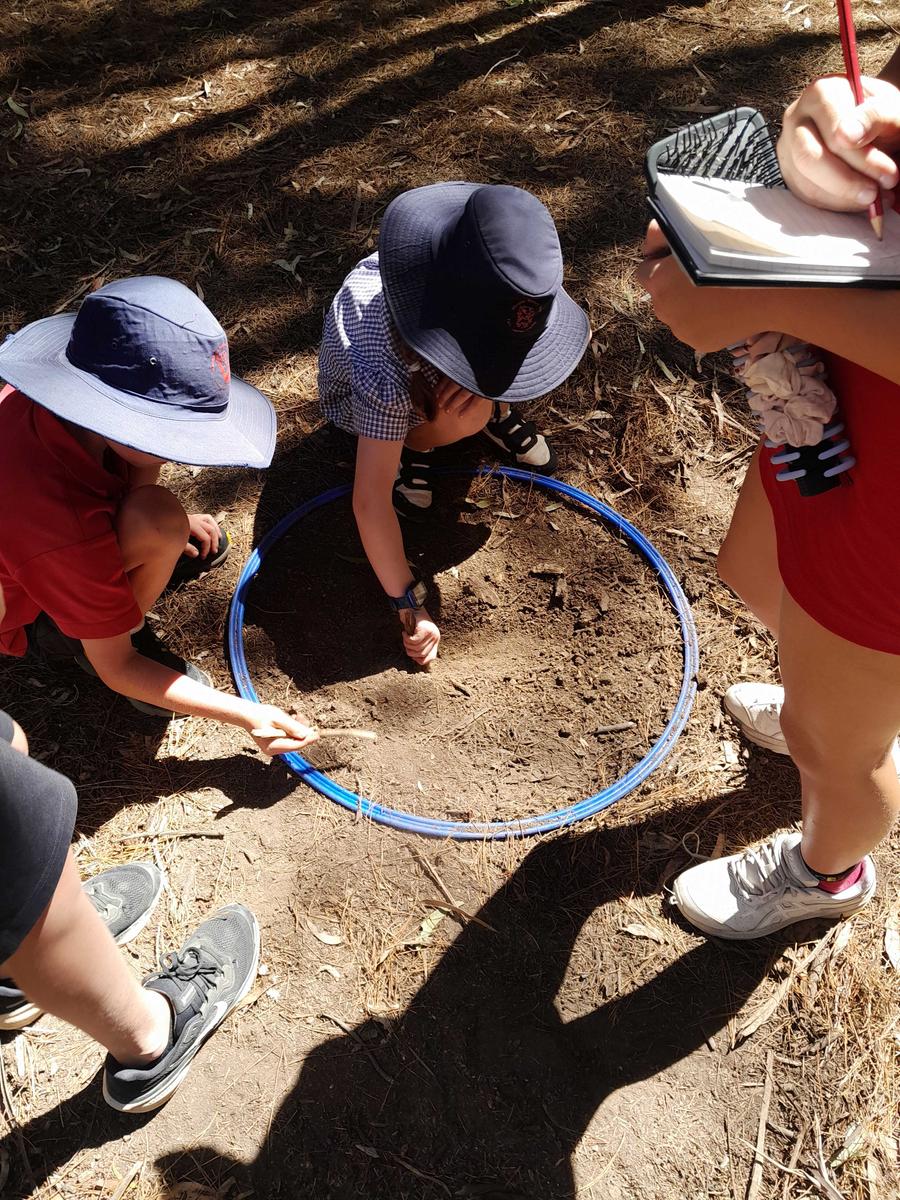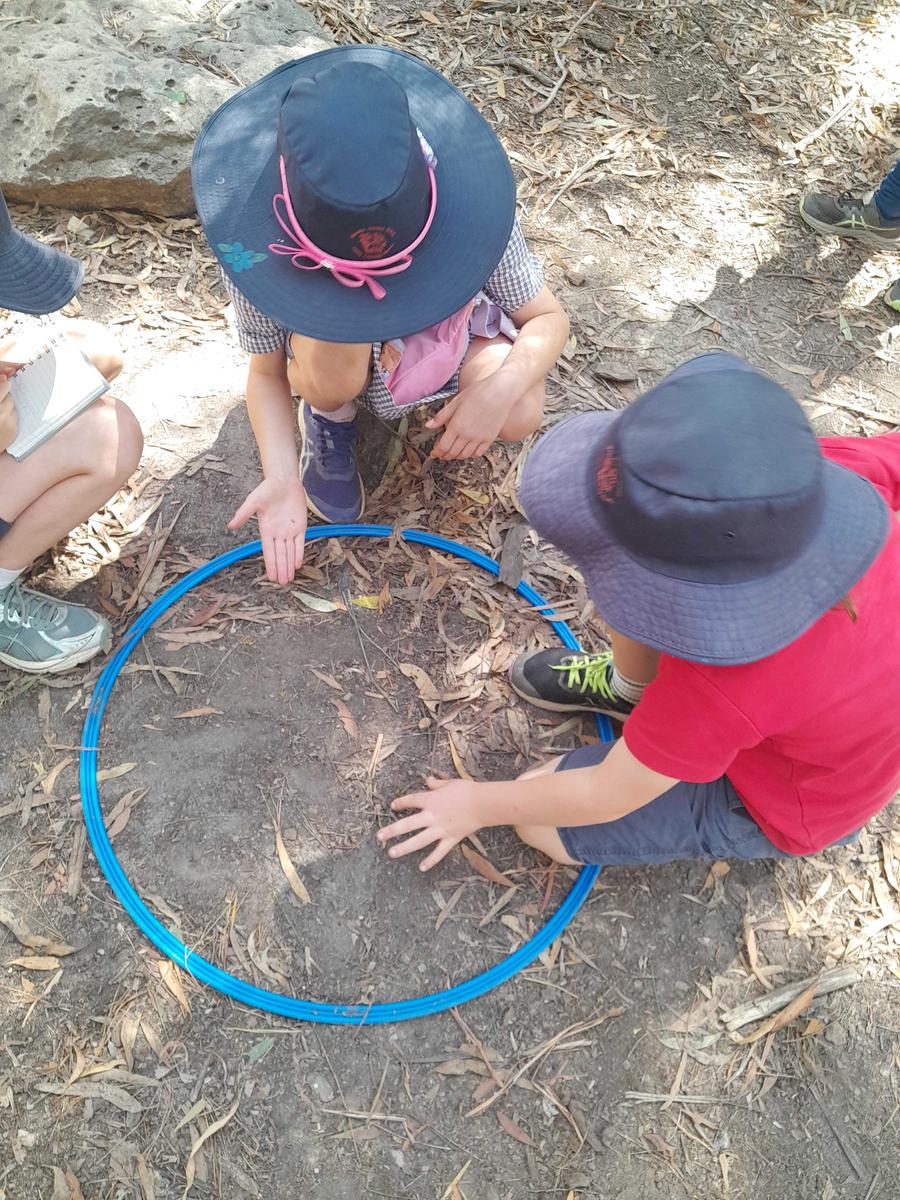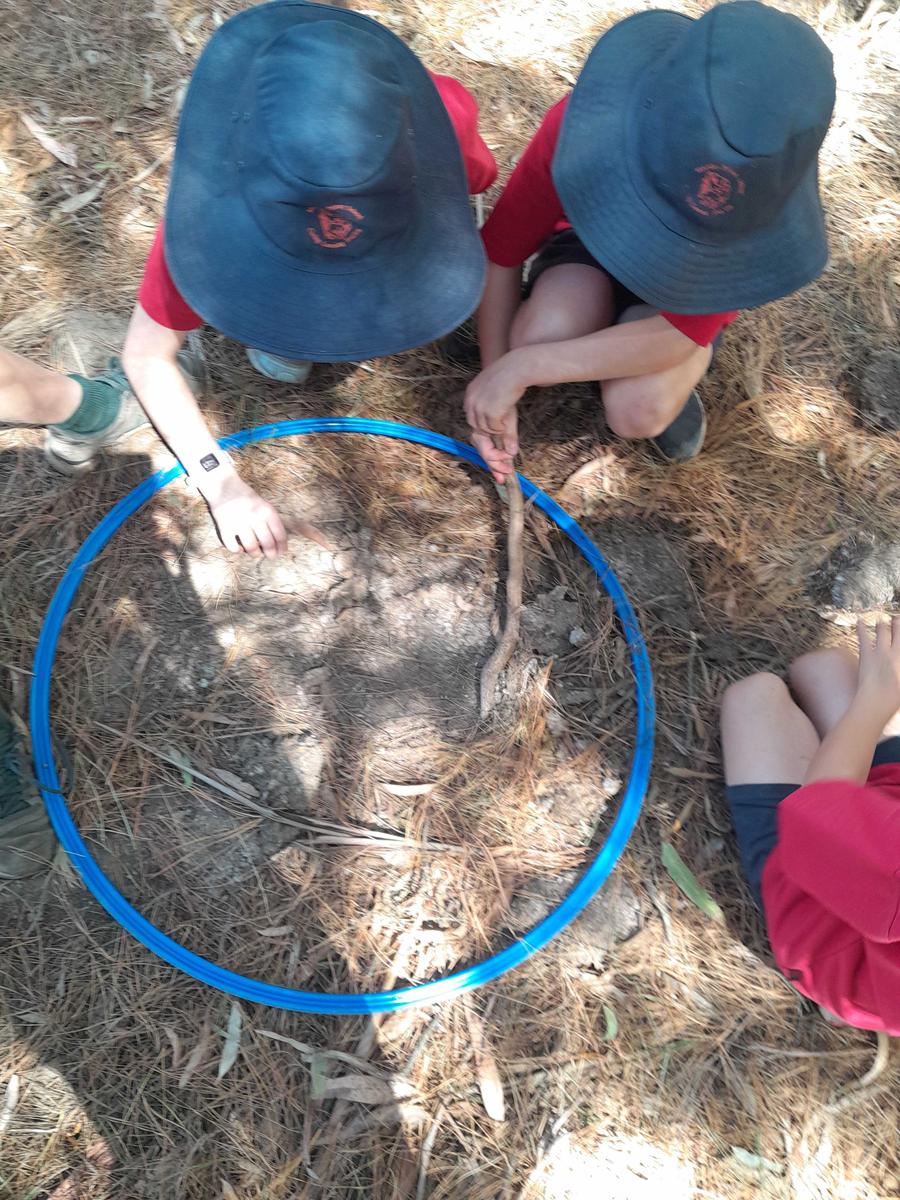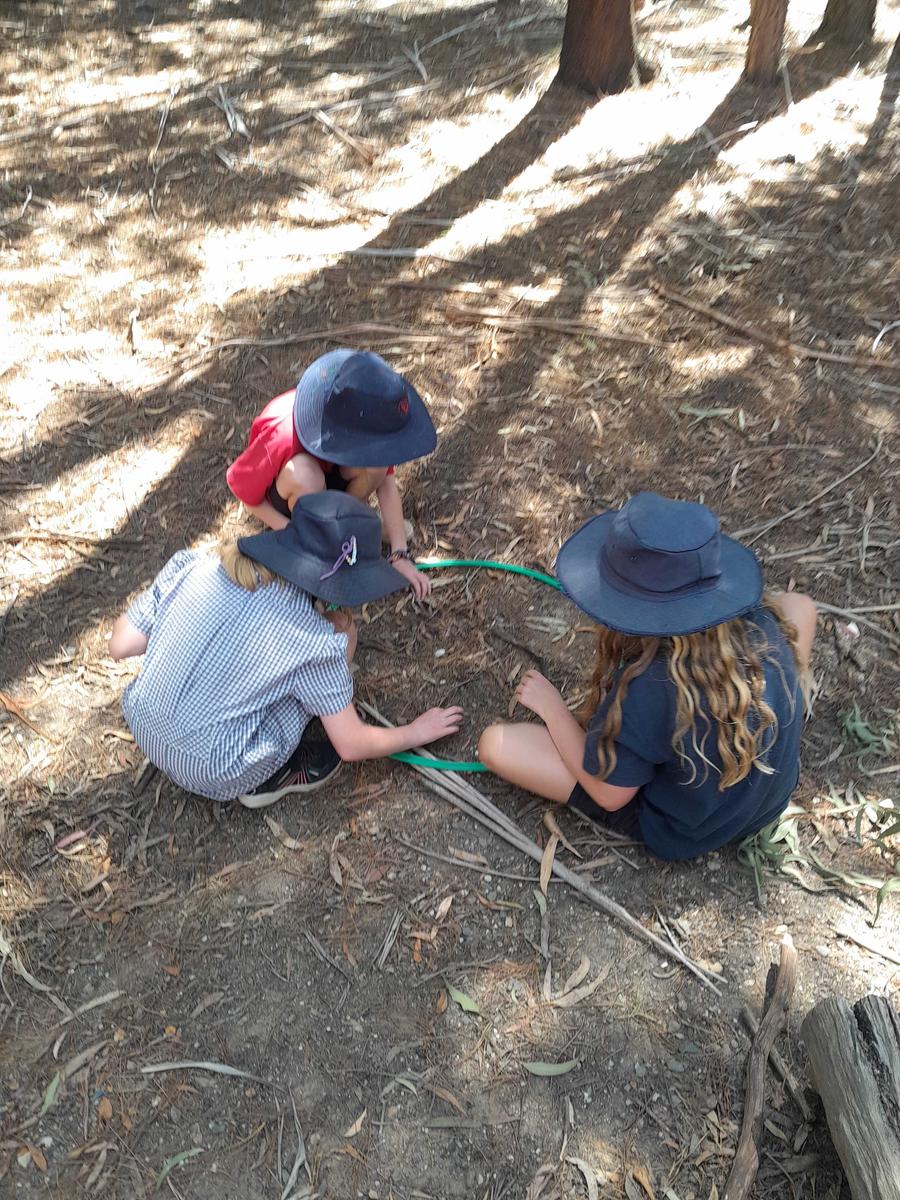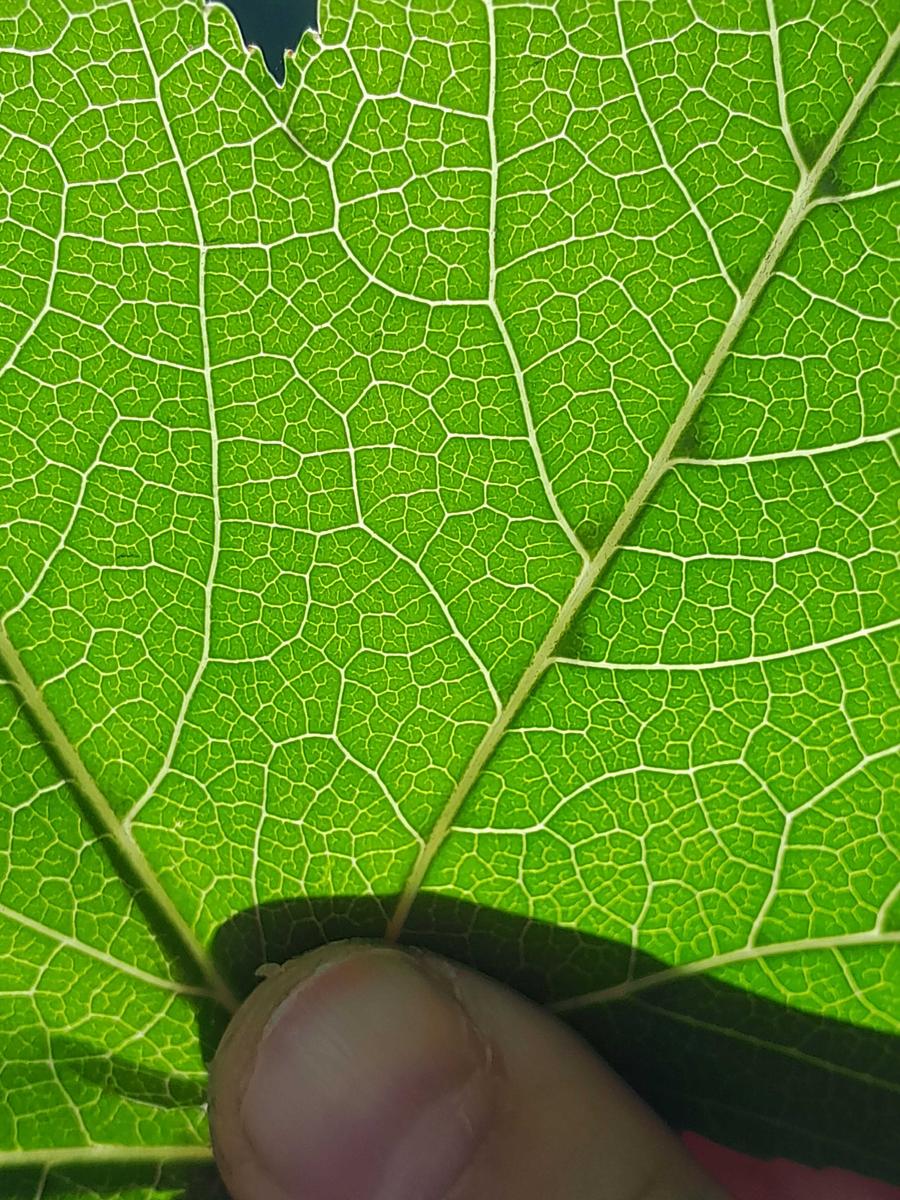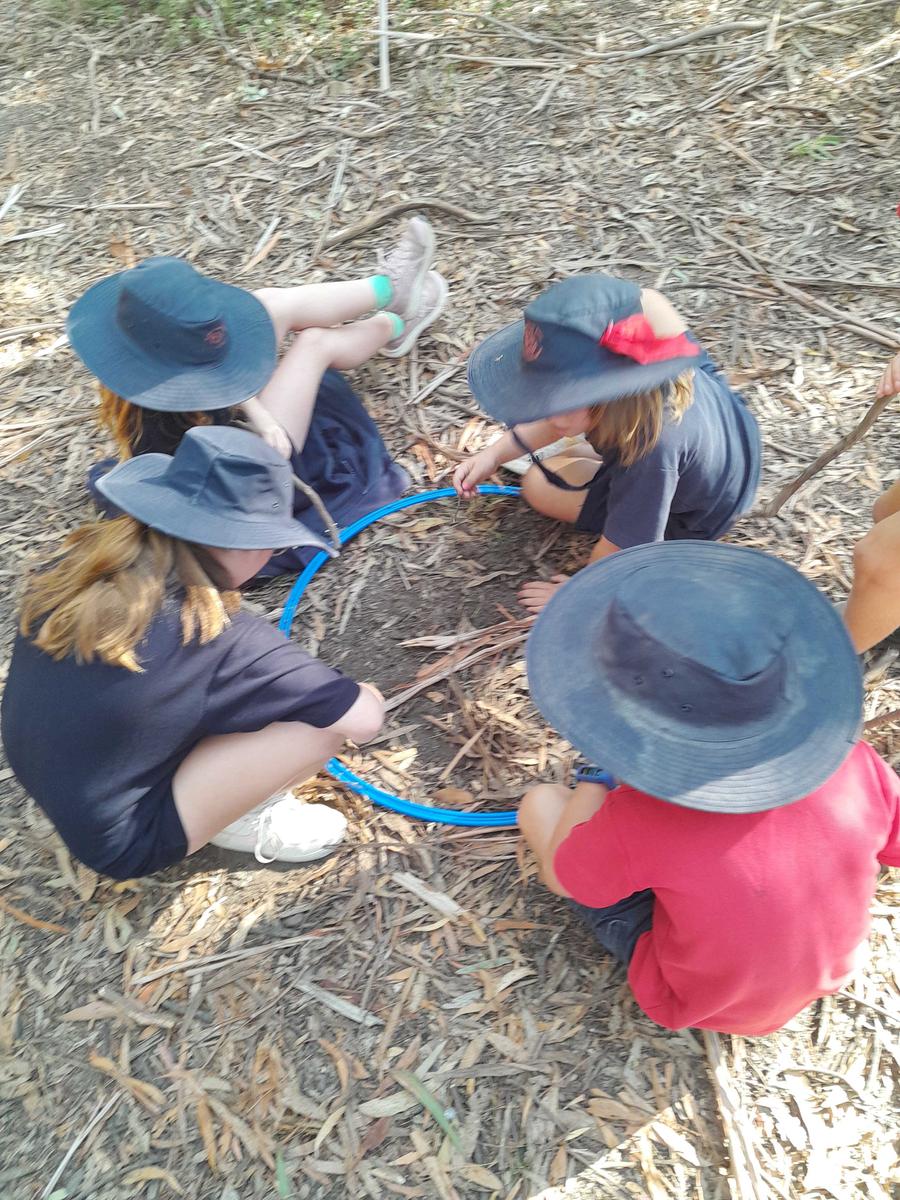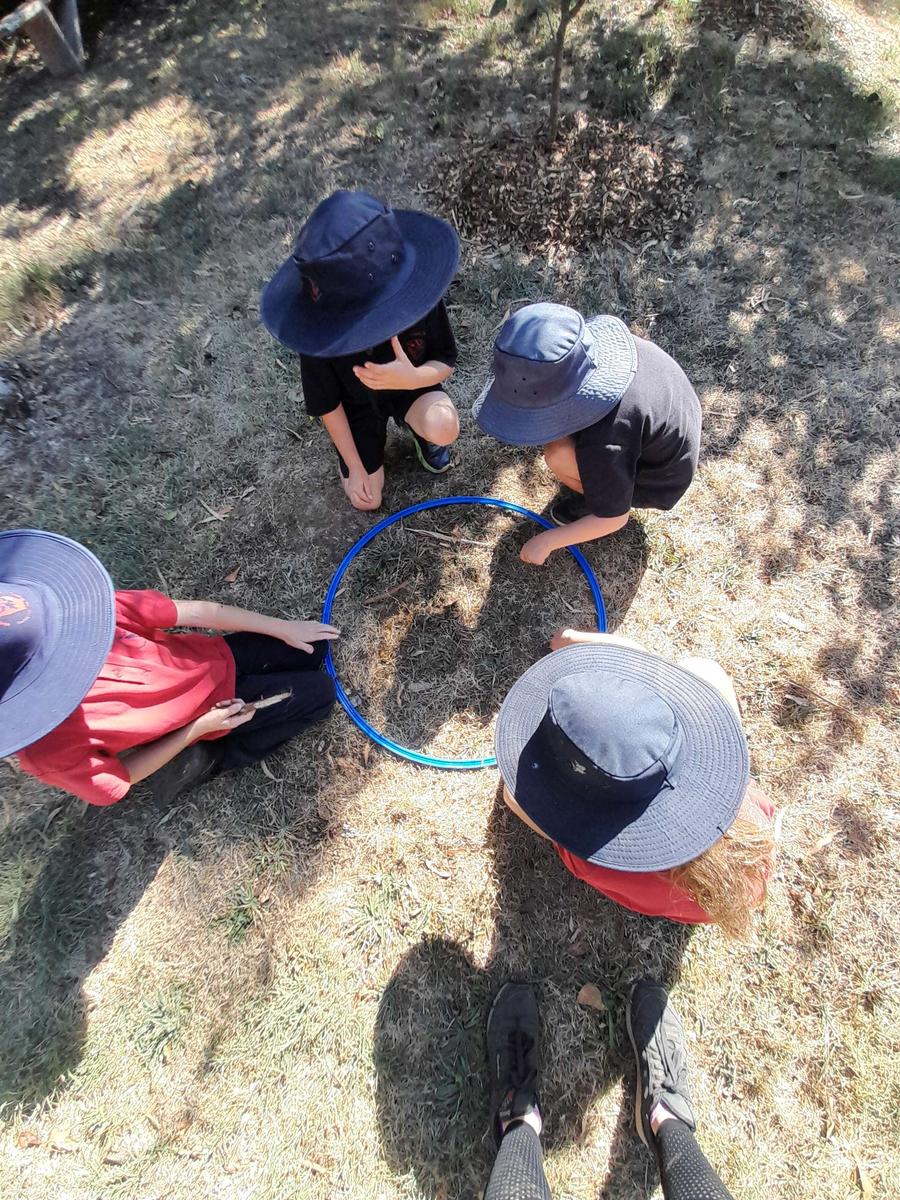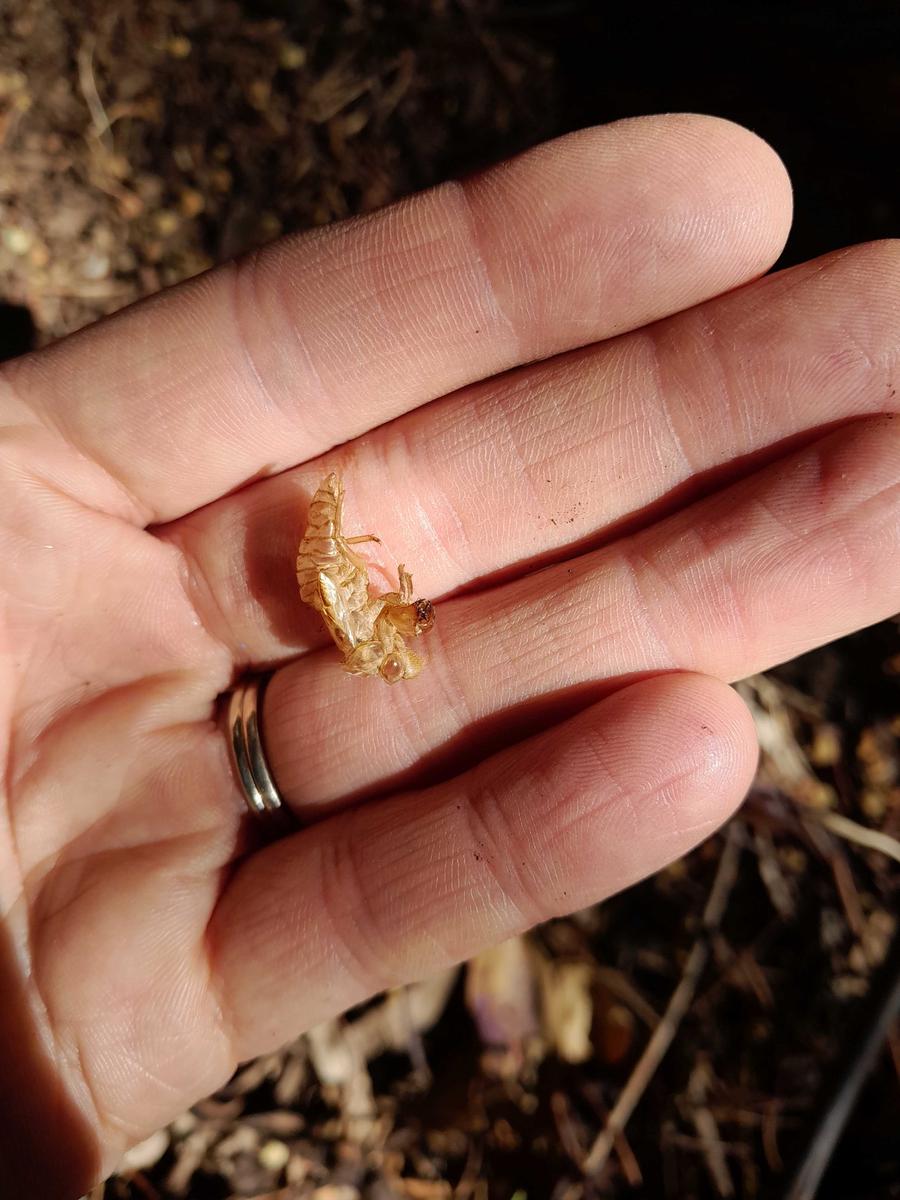Forest School
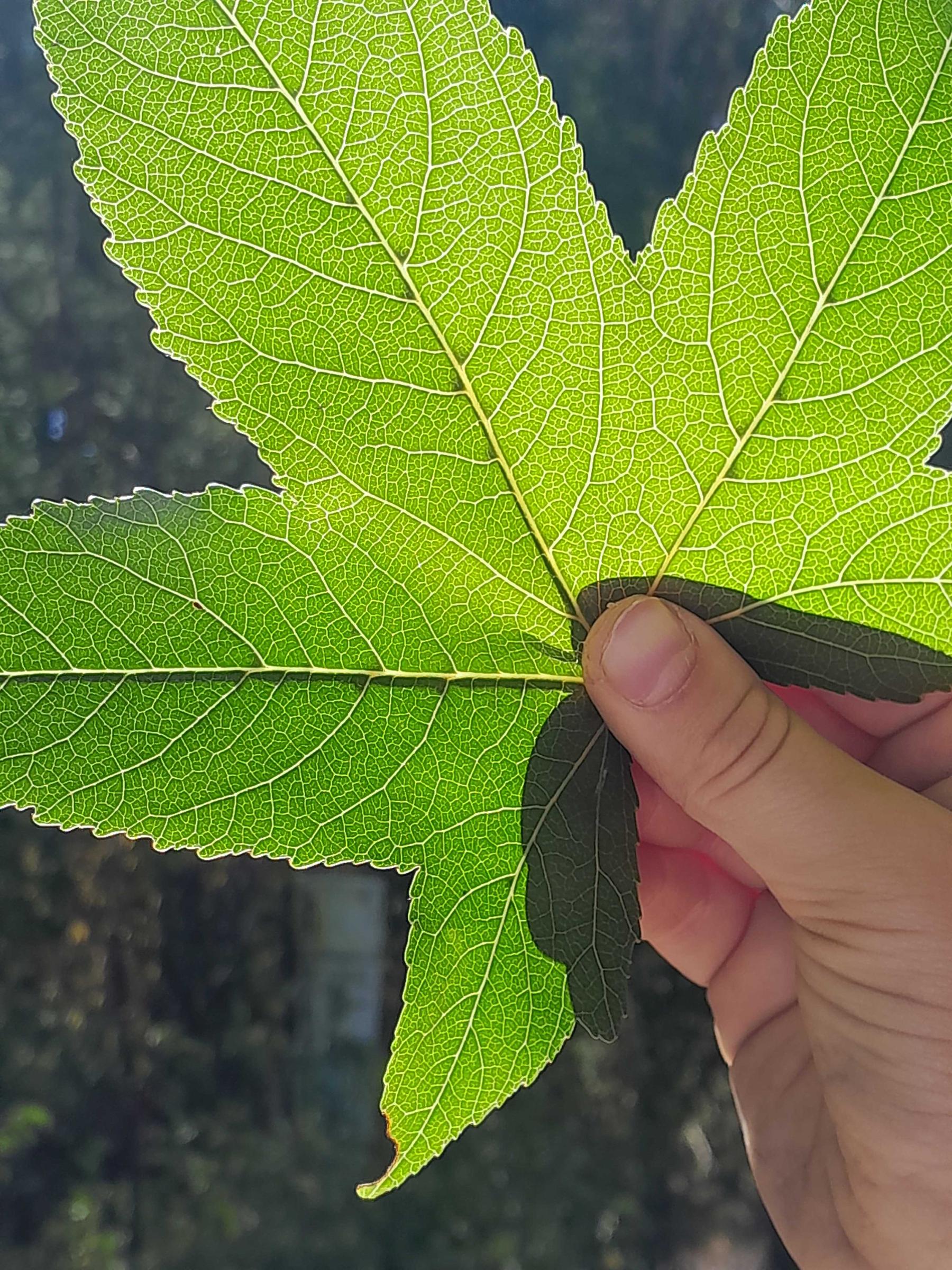
Students have been busy undertaking fieldwork at Middle Gully to deepen their understanding of how natural environments function. Fieldwork helps develop an understanding of ecology by observing how different organisms, such as plants and animals, interact with one another and their surroundings. While we didn’t have the traditional one-metre quadrats for our observations, we got creative and used trusty hula hoops instead!
As part of our investigations, we compared different environments within Middle Gully. Students made predictions about where they might find the most living organisms and discovered that the area around the fairy garden had significantly more life than the orchard. This led to thoughtful discussions about why this might be the case, considering factors such as sunlight, available food, and shelter. We also hypothesised how seasonal changes might affect our findings. Some students shared their ideas, predicting, “In summer, there will be more ants because they like dry conditions,” while others suggested, “We might see more worms in winter because the soil will be wetter.”
It was also important to observe the non-living components of the environment, even if they seemed less exciting at first. These elements play a crucial role in shaping the ecosystem, and students were encouraged to think about why they matter.
One of the most fascinating discoveries of the week was a leaf with an intricate pattern that seemed to repeat endlessly. This was a perfect example of a fractal, where the same pattern appears at different scales, just like tree branches or roots. This hands-on experience beautifully demonstrated the concept of infinity, where patterns continue endlessly. Although this concept will be revisited later in the year, it was wonderful to see students naturally uncovering these ideas on their own, simply by being curious about the world around them.
Forest School continues to spark curiosity and wonder. We can’t wait to see what students uncover next!
Cheers,
Lisa Pickles
Forest School Science Specialist Teacher

